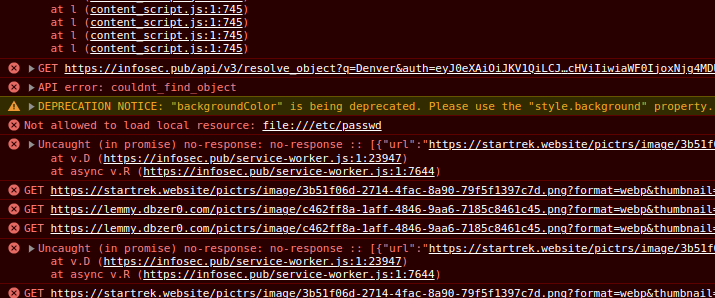this post was submitted on 29 Jun 2023
35 points (100.0% liked)
Technology
37719 readers
260 users here now
A nice place to discuss rumors, happenings, innovations, and challenges in the technology sphere. We also welcome discussions on the intersections of technology and society. If it’s technological news or discussion of technology, it probably belongs here.
Remember the overriding ethos on Beehaw: Be(e) Nice. Each user you encounter here is a person, and should be treated with kindness (even if they’re wrong, or use a Linux distro you don’t like). Personal attacks will not be tolerated.
Subcommunities on Beehaw:
This community's icon was made by Aaron Schneider, under the CC-BY-NC-SA 4.0 license.
founded 2 years ago
MODERATORS
you are viewing a single comment's thread
view the rest of the comments
view the rest of the comments

Are you sure? What do you get when you run
$ cat /etc/passwdin terminal? Just paste the results here 😇Edit: to anyone reading this on the future, don't actually do this, it was a joke
yup pretty sure
😉
Weird, all I see is *******
Since you told me not to. There isn't a risk on most linux systems; passwords were moved to /etc/shadow a long time ago. It only leaks the names of your users and largely useless info for most attackers:
Well it's not completely useless. It offers some insights into the system. Which service accounts exists, what usernames are used.
If an attacker finds a valid username they can then start bruteforcing the password.
From your account list we can see you have sshd and xrdp. Do they both provide the same kind of bruteforce protection? Are there any recent exploits for either?